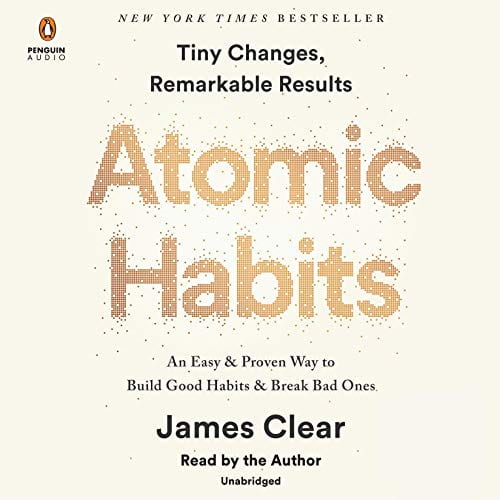Chewing your nails. Scrolling through TikTok for hours. Rampant perfectionism.
These are all bad habits, and even though they may not be yours, there’s always something we struggle with. It’s that little something that irks and irritates you when you think about it in retrospect, but you can’t help yourself when the cue comes.
Yep, there are cues to your bad habits! And in fact, there’s a lot more to your bad habits, and there’s a really interesting and simple way to overcome them!
But first, let me tell you about Sunday, March 6th, and a personal icon of mine, Julie Millisky.
Julie was the coordinator of the Blue Hen Leadership Program (BHLP)’s Tier 2, and was a role model and icon of the BHLP community. Even though she’s now pursuing a job at the University of Pennsylvania that fulfills her life’s purpose, she still is a close friend, mentor, and larger-than-life figure to any member of BHLP.
On Sunday, March 6th, Julie came to the Changemakers Conference with a book in hand and a goal in mind: to teach us why goals aren’t always the best way to go about life. And for a program focused on leadership, goal setting, and idealism, going against goals was quite the unorthodox approach.
But we all soon learned that what Julie wanted to tell us wasn’t to ignore our goal setting, but to modify the approach we took to our daily lives and ambitions. Instead of focusing on lofty, almost unattainable ideals, we had to focus on what routines we could achieve here and now and what bad habits we could break, with four essential steps: finding our cues, cravings, responses, and rewards.
Breaking bad habits, as Julie put it, isn’t rocket science. By understanding that our bad habits are reinforced by cravings and environmental, social, and mental cues, we can choose to reward ourselves for replacing unhealthy habits with more sustainable cues and better responses to our cues!
Julie has given many BHLP members fantastic ideas, passions, and skills that we have carried on in our daily lives. And while bad habits are always something that I have addressed, hearing about a methodical way to approach and dismantle them was not only intriguing, but an almost impossible dream.
And even though breaking bad habits takes time, I’ve started with small changes in my life and have already seen their effects. Even on the smallest emotional level, forcing yourself to combat your bad habits gives you confidence, strength, and a sense of purpose and belief! While my goal is as simple as working out more, even going to the gym as early as 6 AM felt like a whole new world of action, activity, and hopes, and with enough dedication, I believe I can take this ordered system to a whole new level!
So when you fall back on a habit you’re not too proud of, think about what’s causing that habit, what you get out of it, and think of how you can replace that habit with something healthier and stronger. In the Honors College, we’re given plenty of chances to develop bad habits, but also plenty of chances to reconstruct ourselves in far more positive ways. And if there’s a will, then there’s always a way.



